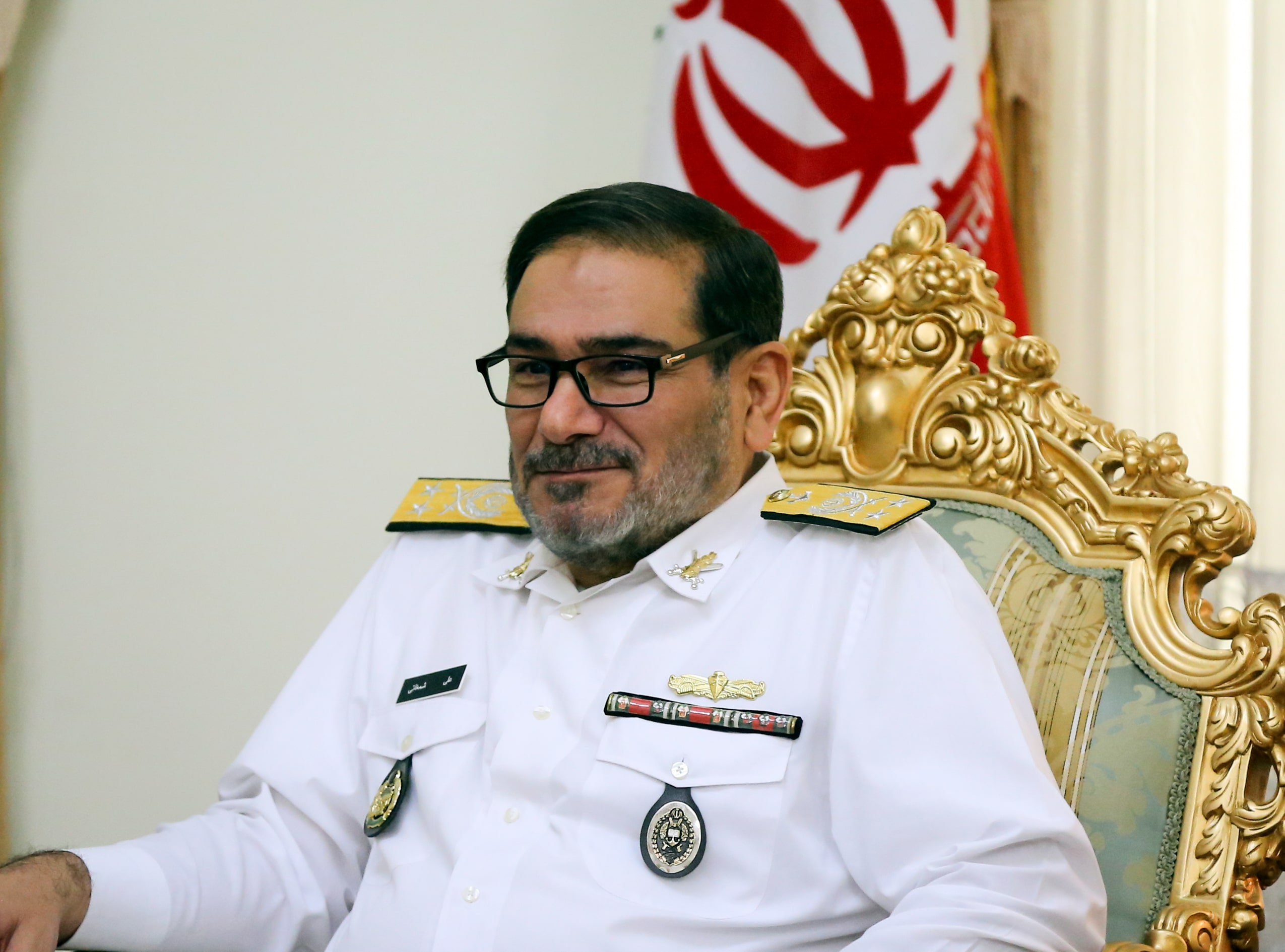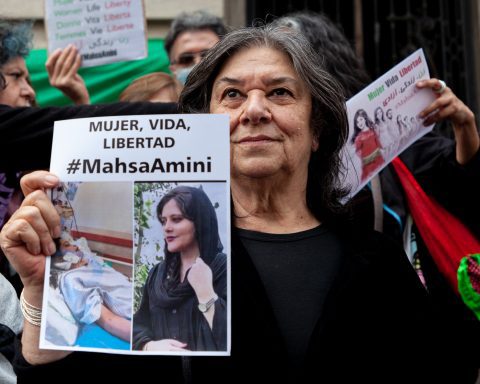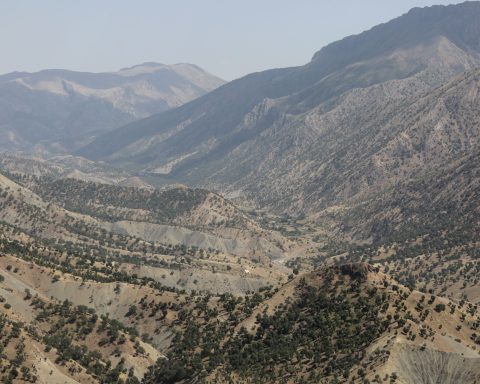Ali Shamkhani, who currently is the Secretary of Supreme Council of National Security (SCNS) has blamed succeeding Iranian governments of tapping up a “show of competency” by outlaying petrodollars rather than putting an effort to resolve the glitches.
Shamkhani’s interview issued by Iranian Students’ News Agency, ISNA on March 8 originates amid election booms as potential candidates are ready for public spotlight before real campaigning starts for the presidential vote in June.
As an instance of ineffectiveness, Shamkhani’s address is to underline the government’s verdict to upsurge fuel prices in November 2019. He illustrated attention to reproaches about the way the plan was carried out and how its repercussions fared. The impulsive price hike led to coast-to-coast demonstrations and the casualties of up to 1,500 people and over 8,000 arrests. The instability, Shamkhani said, challenged the regime’s authority, uprightness, and international standing.
Shamkhani additionally said that Iranian officials for 42 years had frequently are in incantation jingles about freeing the country of oil dependence while doing little to launch a balanced economy.
This, combined with sectarian wrangling, has produced a crisis in Iran, Shamkhani said, including that Iran’s progress plans have constantly been disjointed from the country’s capacities, requirements and priorities.
The interview with Shamkhani is one of a series of talks ISNA is showing alongside numerous politicians with fluctuating political connections, in an agreement to inspect the explanations of Iranian governments’ incompetence during the past four epochs.
Shamkhani said Iranian governments, predominantly throughout the past two decades, have wrought inside a bubble, not knowing the demands of modern times, embracing access to contemporary communication podia. He said governments had often slated state television for not dazzling their “achievements,” while they have needed a communication model.
Shamkhani contended that succeeding governments had the simple capability of how much oil they could flog, whilst consuming the petrodollars to import inevitabilities and consumer goods.
Enquired if the motivation why governments endure to depend on oil was their dread of general protests, Shamkhani said that estranging oneself from an oil-based economy did not mean that complaints would trail. The delinquent that governments found realizing $100 of income through spreading non-oil commodities was distantly more difficult than manufacturing the same $100 from oil sales.
He upheld that governments so far have selected the easy means of offering the country’s assets rather than choosing for contributing to engineering amenities or selling agricultural products amid other belongings. Shamkhani admitted that while some governments had pondered decreasing dependence on oil revenues, this had not spun into a sustainable policy.
Shamkhani believed that presidential candidates should be questioned to clarify their plans and policies to diminish the country’s dependence on oil currency. They should also say evidently whether they distinguished what the hitches in the country were and what explanations they had.
While in this conversation, Shamkhani defended several presidential administrations of incantation hollow slogans while discounting the interests of future peers, his own opinions are nothing more than watchwords. He seems to portray portentous philosophies to governments while he himself has eternally been a key member of the leading ruling elite. He also botched to comment that Iran’s political system is fastened to those who do not agree with Supreme Leader Ali Khamenei.
Shamkhani undertook no explanations for the complications he counted in his interview, just as he had not done as a presidential candidate in 2001. Nor has he presented any concrete elucidations for the country’s drawback during the past year, when the media said he is a presidential candidate.
However, Shamkhani demanded that the motivation in why plans in the Iranian military are productively executed, is lack of dissenting infighting. He made the dictum merely one day after a military manager, General Saeed Mohammad resigned as head of the Revolutionary Guards’ Khatam ol-Anbia HQ, perhaps because of factional infighting within the Iranian military forces.














